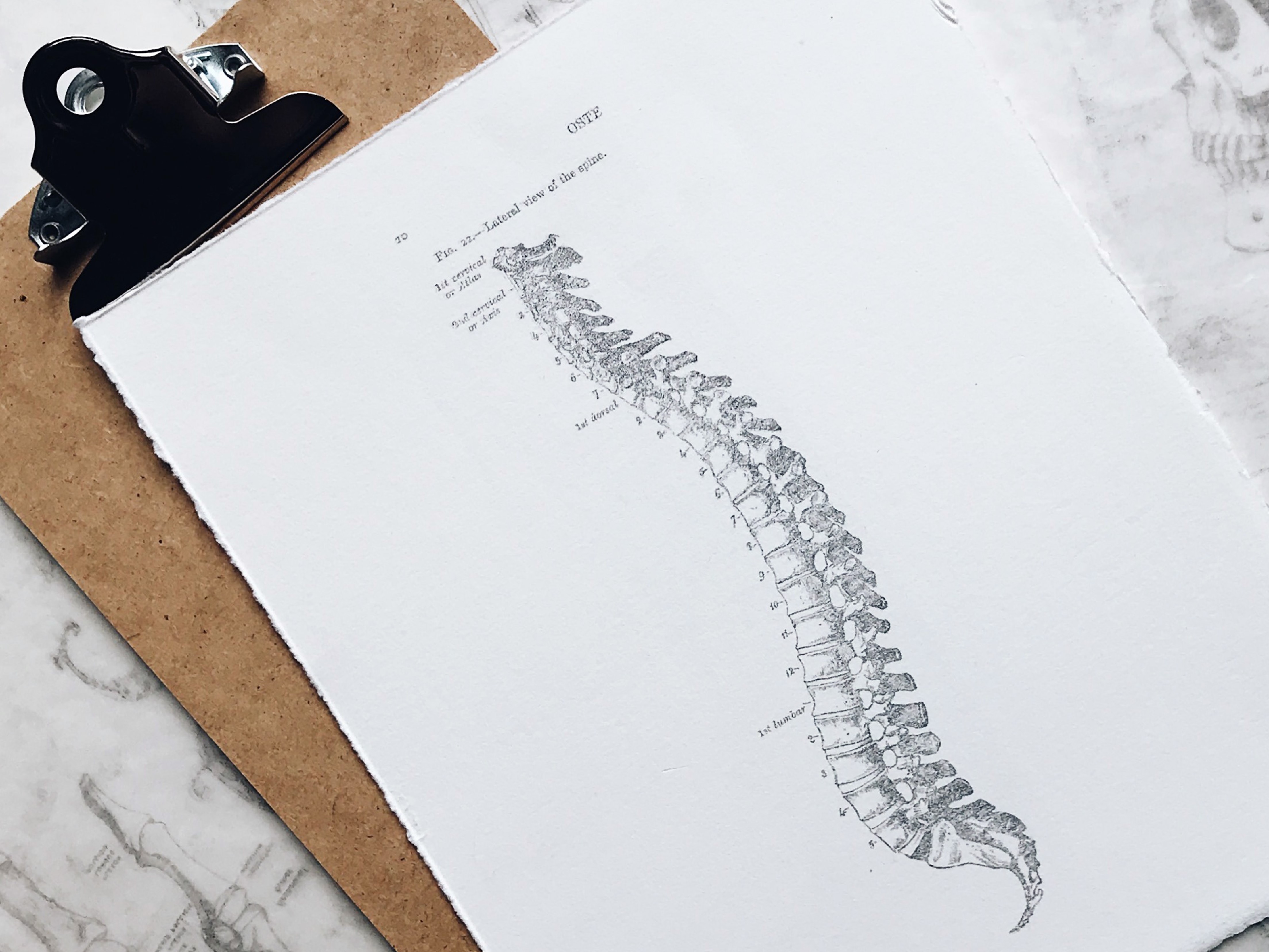
Living with a Spinal Cord Injury (SCI) requires one to adjust and adapt to a new way of living. One that comes with little to no mobility. It will be difficult and challenging at first, but with a supportive environment, it will only be a matter of time before you adapt well to it.
What is a Spinal Cord Injury (SCI)?
A Spinal Cord Injury (SCI) happens when someone’s spinal cord or spinal nerves are injured. This can cause a permanent or temporary loss of mobility or sensation. Depending on the location of the injury, SCI patients can experience either total or partial paralysis.
Damage to the spinal cord can result in varying levels of disability. They are categorised as:
- Paraplegia – Loss of function below the chest or waist down
- Quadriplegia (or Tetraplegia) – Loss of function below the neck
- Paraplegia – Loss of function in half of the body, but not both
How does it happen?
SCI are frequently caused by trauma or diseases. Examples of trauma include
- automobile accidents
- falls
- sports injuries such as from diving.
Diseases that can cause spinal cord injuries include polio, spina bifida or Friedreich’s Ataxia.
How can you help someone living with this condition?
We may not be able to offer a direct cure to someone with an SCI condition, but we can teach ourselves how to support them as they adapt to their new lifestyle.
Reassure them that nothing is permanent
There have been cases in which SCI patients regained their mobility, even if it’s with assistance. But these things take time and proper rehabilitation.
Get physically stronger together
Exercising is of utmost importance to SCI patients. Help them set physical goals to achieve and assist them in getting stronger by working out together. This can also double as a way to spend time with each other.
Help them set goals and achieve them
Look at goals that are specifically not tied to physical activity, such as
- graduating a college or university course
- getting a promotion at work
- starting a personal blog to document their journey and share their experiences with others
Check-in with them to know how they’re doing
Do regular check-ins to find out how they’re coping with their new lifestyle. Checking-in with someone also helps them feel valued and thought of.
Get them to join a team-based activity
Whether it’s a cause, a hobby, or even a club, being a part of something big can help improve feelings of self-worth. Besides, it’s a great way to bond with each other.
Empower them with tools to help ease their daily tasks
Have you come across a new technology piece or way to help get things done easily? Share them with your friend! Help them help themselves so that they can build the confidence they need to go about their day independently.
Most importantly, be a friend
SCI patients don’t expect you to be a professional at handling their needs or situation. They don’t expect you to know exactly how to react or what to do when you’re faced with news of their newfound immobility. The important thing to remember is to always be a friend to them.
References
iCare Lifetime Care. (2020) What is spinal cord injury? [Accessed: 21 September 2020] Available at: http://www.living-with-attendant-care.info/Content/Spinal_Cord_Injury_b_What_is_spinal_cord_injury.html
Mayo Clinic. (2020) Spinal cord injury. [Accessed: 21 September 2020] Available at: https://www.mayoclinic.org/diseases-conditions/spinal-cord-injury/symptoms-causes/syc-20377890#:~:text=A%20spinal%20cord%20injury%20%E2%80%94%20damage,the%20site%20of%20the%20injury.
Spinal Cord, Inc. (2020) Spinal Cord Injury Types [Accessed: 21 September 2020] Available at: https://www.spinalcord.com/types-of-spinal-cord-injuries
Spinal Cord, Inc. (2020) 8 Tips for Talking to Your Friend with a Spinal Cord Injury [Accessed: 21 September 2020] Available at: https://www.spinalcord.com/blog/how-to-talk-to-your-friend-who-was-recently-injured-with-a-sci
Spinal Cord, Inc. (2020) 10 Ways You Can Help Someone with a Spinal Cord Injury [Accessed: 21 September 2020] Available at: https://www.spinalcord.com/blog/10-ways-you-can-help-someone-with-a-spinal-cord-injury